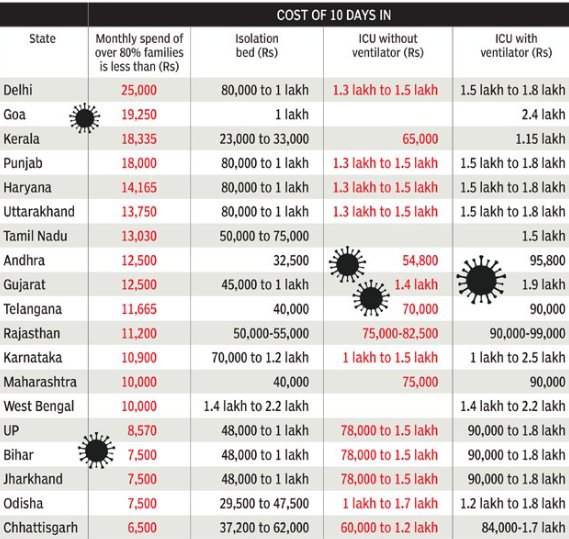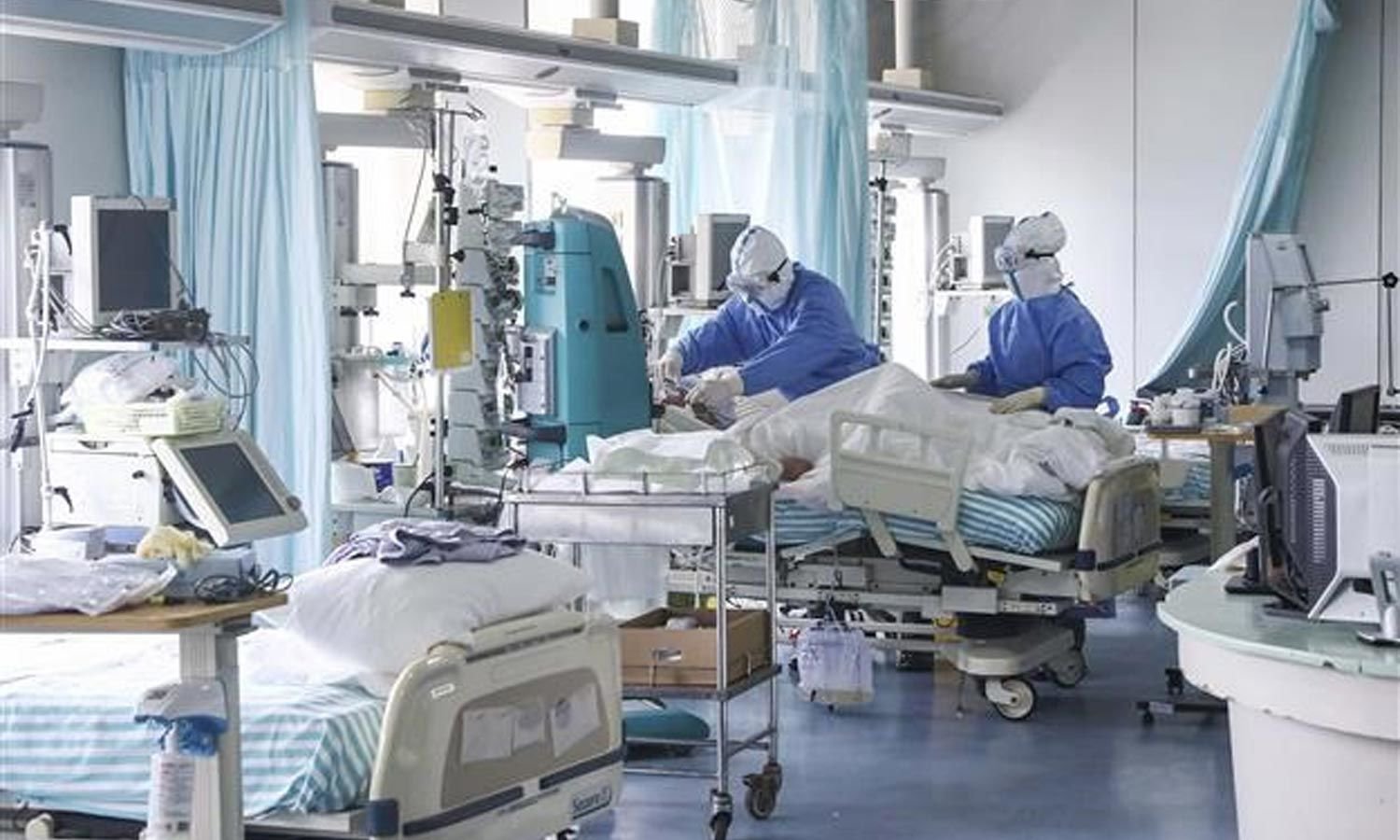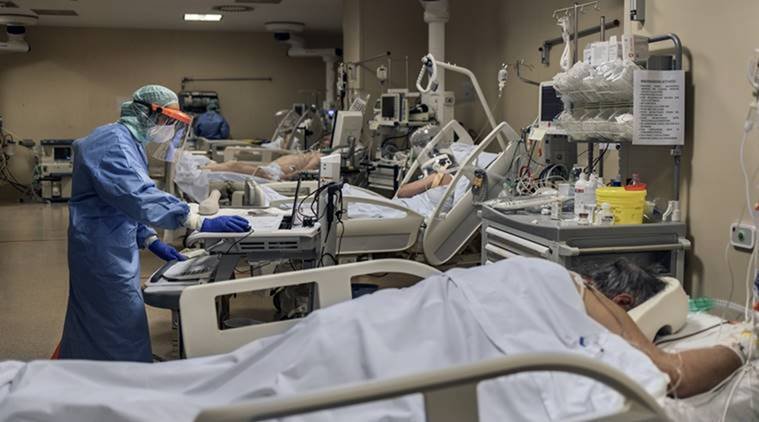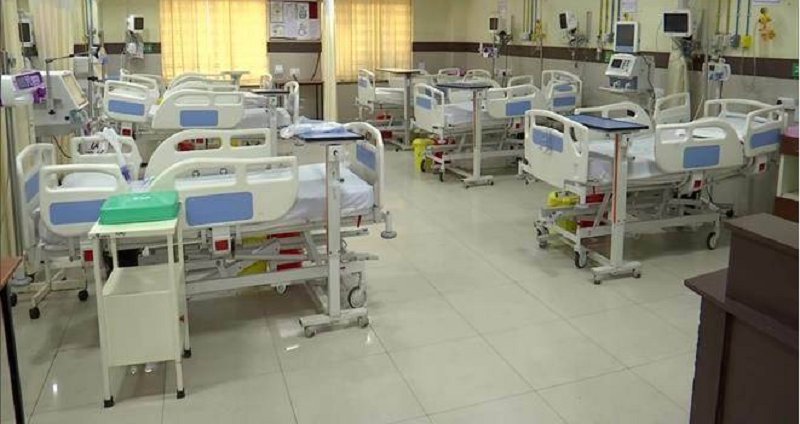We are all aware of the time when we came across lakhs of hospital bills of people infected with Covid-19. While the subject has now sort of been subjugated, it is still a major concern. As major as that it might financially cripple 80% of the families in the country.
Responding to growing anger over the high cost of Covid treatment, most states have capped Covid treatment charges.
— Bangalore Mirror (@BangaloreMirror) October 13, 2020
https://t.co/LtRd6p6hvN
Despite most of the states capping the Covid-19 treatment charges, it is estimated that close to 80% will be left crippled if even a single family member undergoes the treatment.
For the sole reason that ten days of their treatment bill sums up to more than their monthly expenditure, an analysis of the charges and official data on monthly expenditures shows.

According to the latest household expenditure report of 2017-18 released by the National Statistical Office, for instance, in Delhi, which has the highest monthly per capita expenditures in the country, for 80% of the population monthly spend per person is below ₹5,000 or ₹25,000 for a family of five.

Considering that the lowest priced isolation bed in a non-accredited hospital in the Capital costs ₹80,000 for ten days of treatment, that makes up to more than three times the monthly spending of 80% of the population.
For a patient with severe Covid in ICU care with ventilator support, the bill could be several lakhs as the treatment might stretch for two to three weeks or even more.

According to a TOI report, when put together the capped price of isolation beds in 20 states, the treatment is unaffordable for 80% of the population. In all these states, the treatment is free of cost in government hospitals.
But, if we look at these hospitals in the non-Covid times, even then the government share of inpatients in the country is at best about 42%.

Although, in states like Karnataka, Odisha and Telangana, the price caps are applicable to all patients going to private hospitals.
Despite the price caps, there are exclusions which differ from state to state, such as PPE cost, high-end investigation like CT and MRI, drugs, or specialist charges.

















